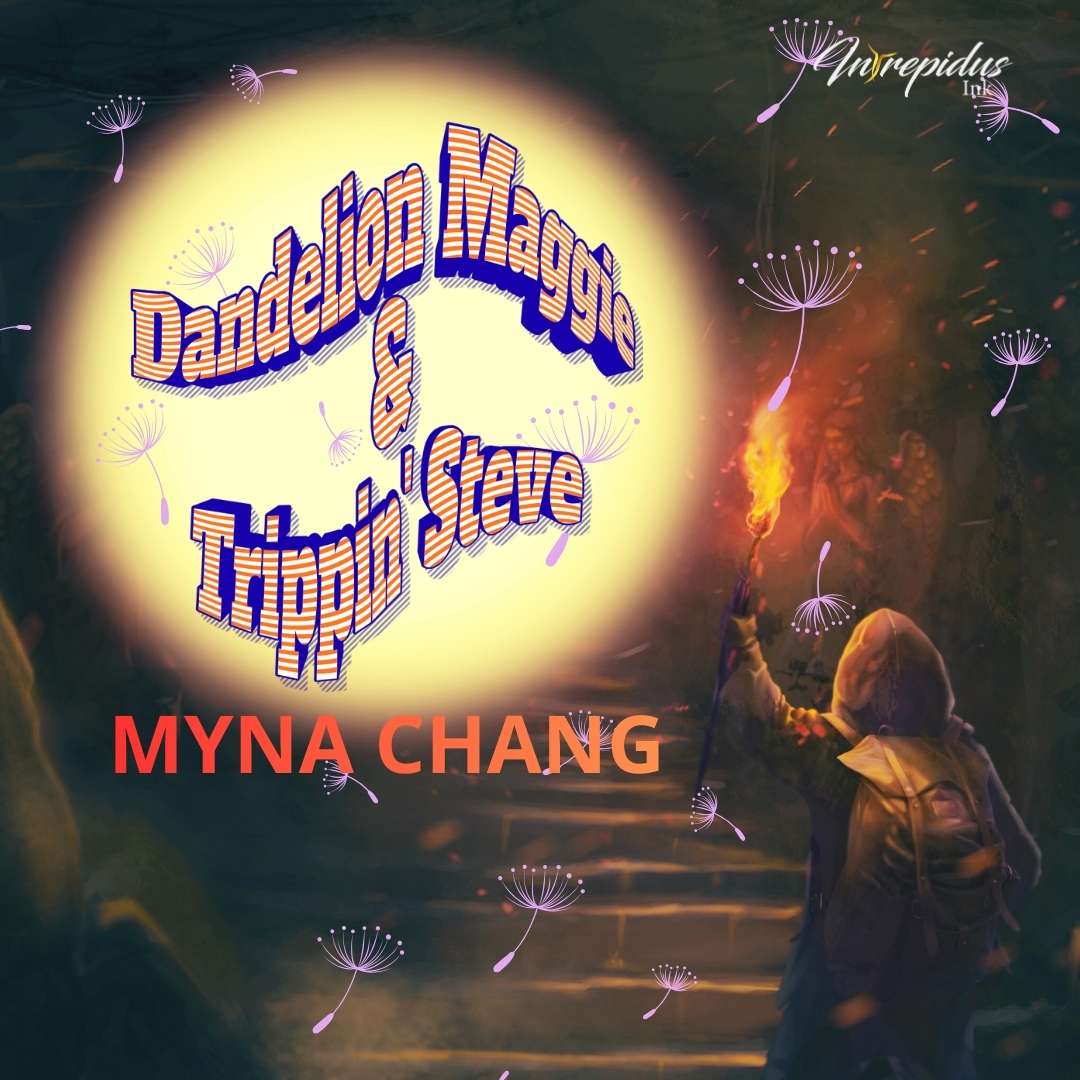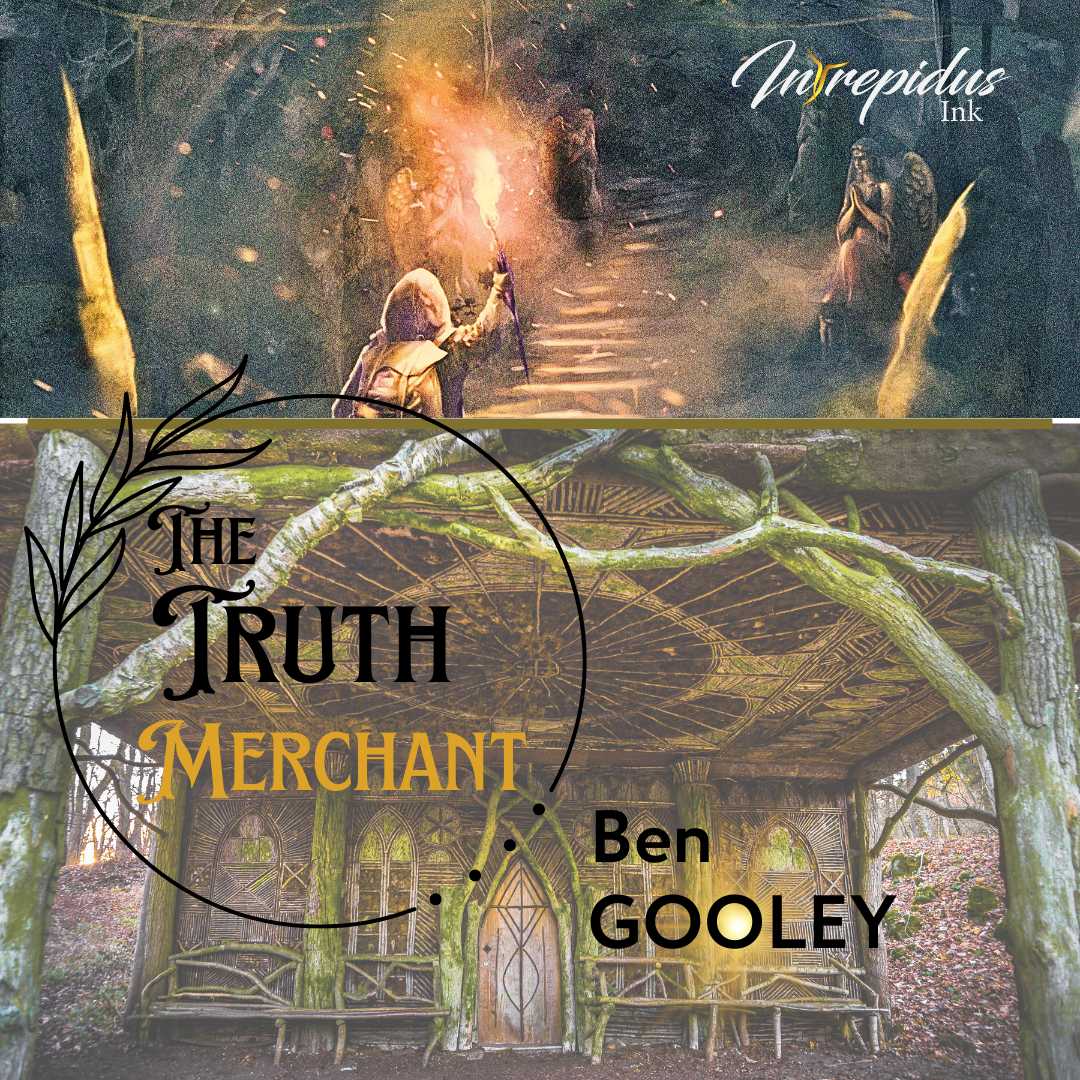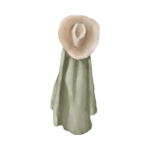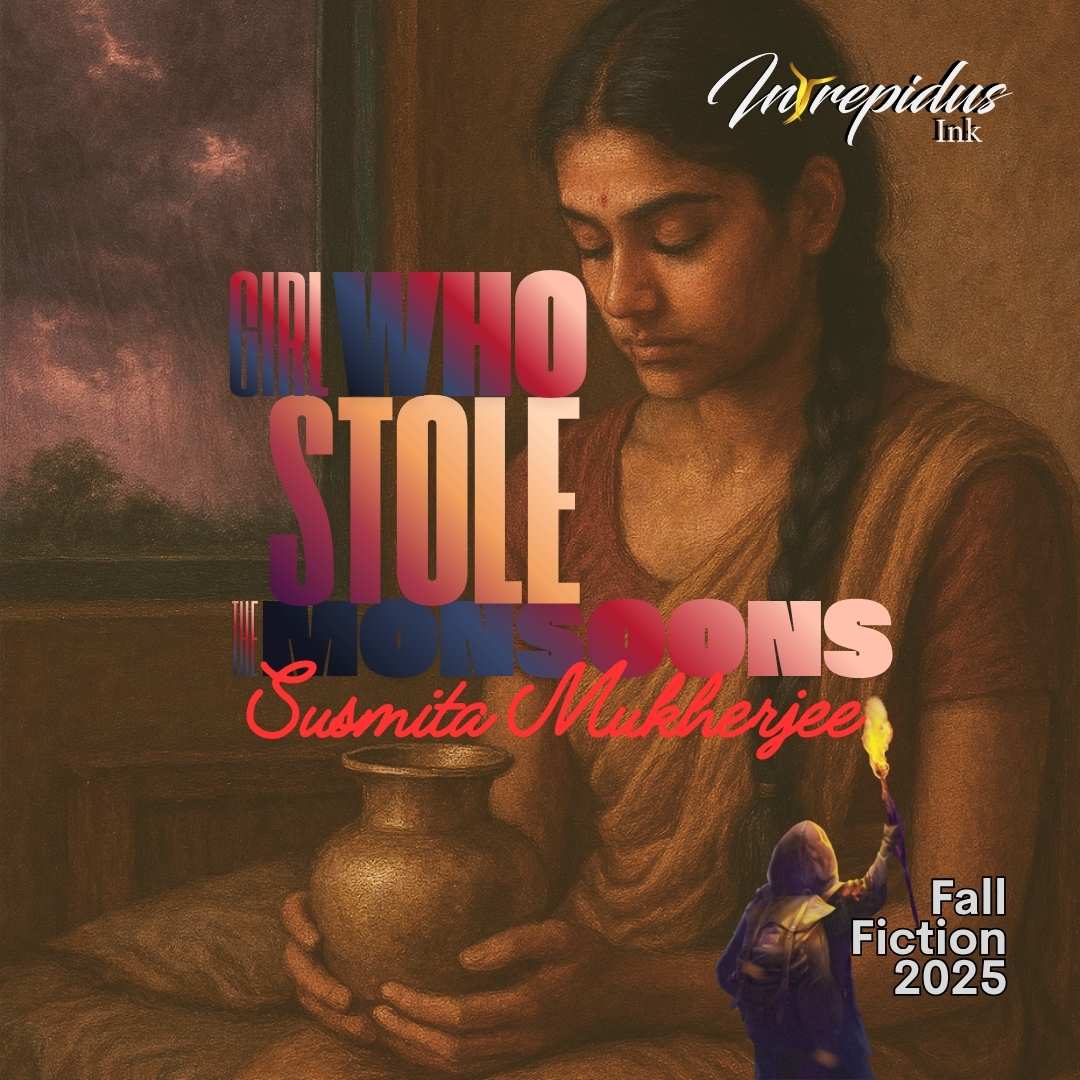

Literary Speculative Fiction
T
he truth glistens in its glass jar as I lift it down from its hiding place on the top shelf.
My customer eyes it hungrily as I take her smaller jar and remove its lid. The young woman wears her hood low and speaks little–I do not ask her name. Our caution is warranted. If the king knew of my illicit stash of truth, we would both be sent to the were-pit. That is the risk I take with every customer.
Some people say that those like me offer nothing of value, that I bleed my customers dry and offer only dreams and fantasy in return.
Thus has it ever been; truth is not for everyone.

The truth is aromatic and sticky as I spoon it into the smaller jar. It smells faintly of clove.
As she reaches forward to claim her prize, I pull the jar back and hold out my other hand for payment. I notice a small tattoo of an owl on the underside of her wrist. I had seen it once before on a young man who visited a few weeks back.
She pays me the agreed amount, and I hand her the jar.
“Do not open it until you are alone and far from here.”
She nods in understanding and turns to go.
“The owl.” I point to her wrist. “What is it?”
She shakes her head and steps back. “Secrets,” she whispers and hurries towards the door. As she leaves, a second word carries to me faintly in the pre-dawn air: “hope.”

It wasn’t always this way. There are those of us who can remember when we could find truth growing in clusters at the side of the path, when it grew in the waters and scented the air.
Even back then, the king took a tithe of truth from the people, but there was enough for everyone. We did not need it distilled and kept safe in jars. Young children learned to include it in their games, the old to keep some close at night.
They say it was the Chancellor who made the discovery. Or, as the official histories have it, The Discovery, with its brazen capital lettering. The king claimed that they had newly found a superior strain he dubbed Truth, as though adding this further capital to the surfeit of others somehow made it greater instead of less, a mere simulacrum of truth.
Kingsmen collected up the truth they could find and replaced it with their acrid and tenebrous creation. The product was added to our bread, our water, our clothes, and where it went, it smothered and killed much of the truth that had been missed in the initial purge.

Before I return the jar to its hiding spot, I place the spoon into my mouth and taste the residue that sticks to it. It is a little bitter but warming in a way that is hard to describe if you have never tasted it. I feel the background anger and dullness lift before the anger shifts, changes, reforms and resettles–clearer, more fierce, fueled by knowing.
I look at the precious jar of truth on the bench. I do not give my goods away, for they were bought at great cost. Yes, I want to serve the people of the city, but I also must eat and make a living. My contact lives in a small village at the kingdom’s edge. He has never told me straight, but his hints suggest they have a small protected space where natural truth can yet survive. But for how long?
Already there are too few who remember, who know what to look for, who value the real over the ubiquitous imposter.
My now clear mind turns to the owl tattoo. If there are two, there must be more. And these two were both young, which means there may, perhaps, be others out there reminding them of the old ways.
Quickly, before my mind slowly clouds once more and my resolve weakens, I hide the jar away and take my cloak from its hook behind the door.
For too long, I have hidden, dispensing my protest in small vials and in secret. But these owls point beyond my cottage. Perhaps towards revolution. Perhaps towards death.
I open my door and step outside into the early morning pre-dawn, towards hope.

An Interview With Ben Gooley
Intrepidus Ink: “The Truth Merchant” simmers with danger above and below the story’s surface, creating layers of complexity and atmosphere. What decisions did you make to achieve these results?
Ben Gooley: Flash fiction can only paint shadows and hints of the larger picture. This story occurs in one room. The opening feels secretive and fearful, almost claustrophobic–the outside world is a threat. Though we remain in one room, our perspective broadens so by the end we realise that the outside also represents the hope for new opportunities.
II: Do authors write stories only from a place of personal knowledge, or can imagination do all the work?
BG: Inevitably both play a role, though to wildly varying extents. For “The Truth Merchant,” the story seed came from thinking about how “truth” is becoming increasingly commodified, and wondering about a world in which truth was literally a commodity. This was fundamentally a work of the imagination. It was only after it was written that I realised to some it might look like a deliberate allegory about specific people, places, or events. I think that good fiction will always invite readers to draw connections with their world, but should try to draw on themes that transcend their moment.
(I love that 1984 was simultaneously controversial in Russia for being anti-communist-western-propaganda, and in California for being pro-communist. It was simply being anti-authoritarian).
II: What’s next for you?
GB: I’ve only recently decided to turn my life-long love of SF&F, especially short fiction, towards trying my hand at composition. Next steps are trying to find more time for writing, and developing the self-discipline to use the precious moments I have. I’ve started a blog at bengooley.wordpress.com, where I recently wrote about the need to be intrepid. I finished that post with some advice to myself:
Write more.
See what happens.
Be intrepid.
II: We couldn’t agree more with these wise, insightful words. All the best to you, and until next time, thank you and happy writing. 👏🙏
Author Bio

Ben Gooley grew up in northern New South Wales, Australia, and after heading off to university almost three decades ago, has never quite managed to successfully leave. He recently commenced in a regional university library where occasionally he can sneak out and sniff the old books. He’s previously published with Etherea Magazine and Creative New England and tweets occasionally @BenGooley.

